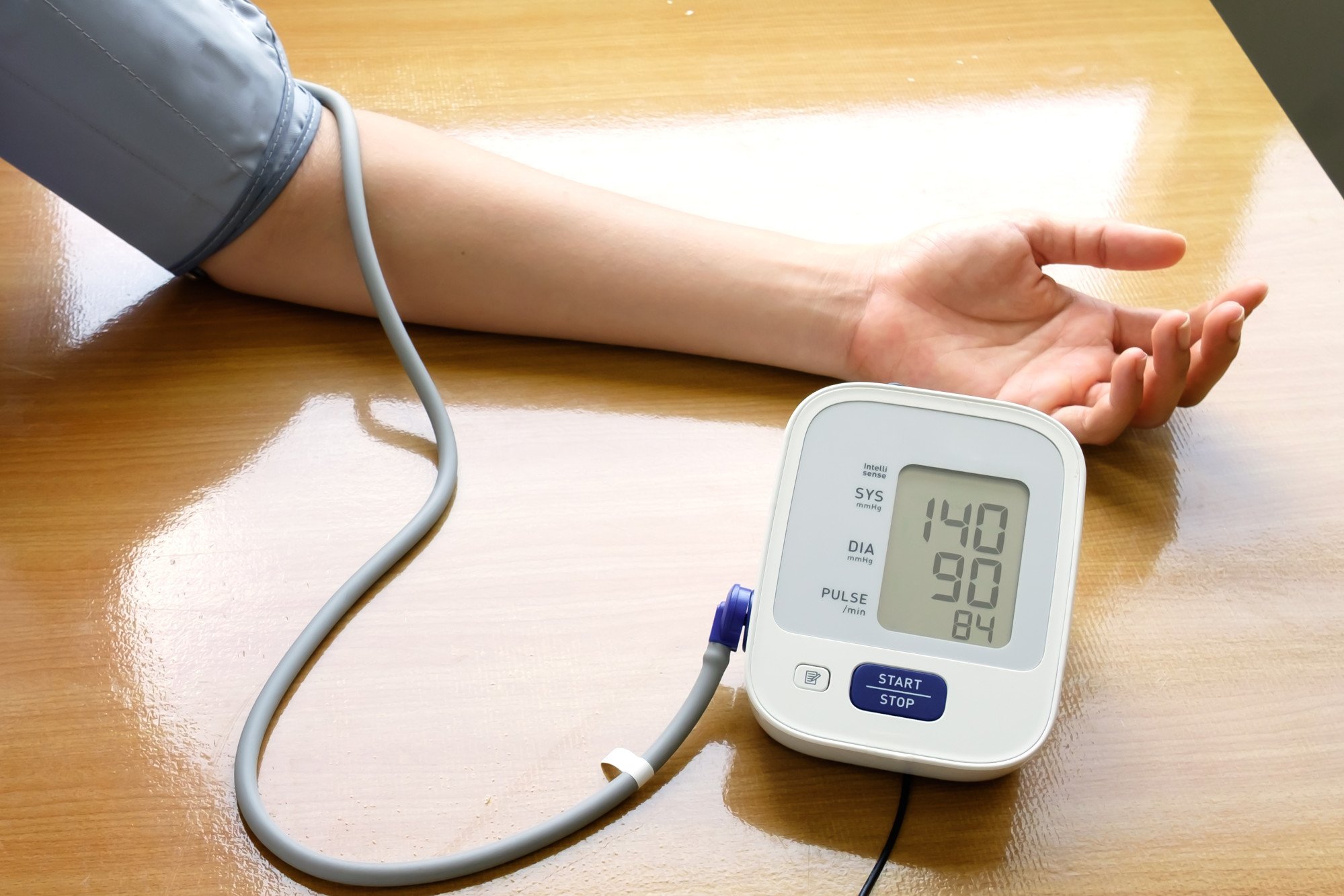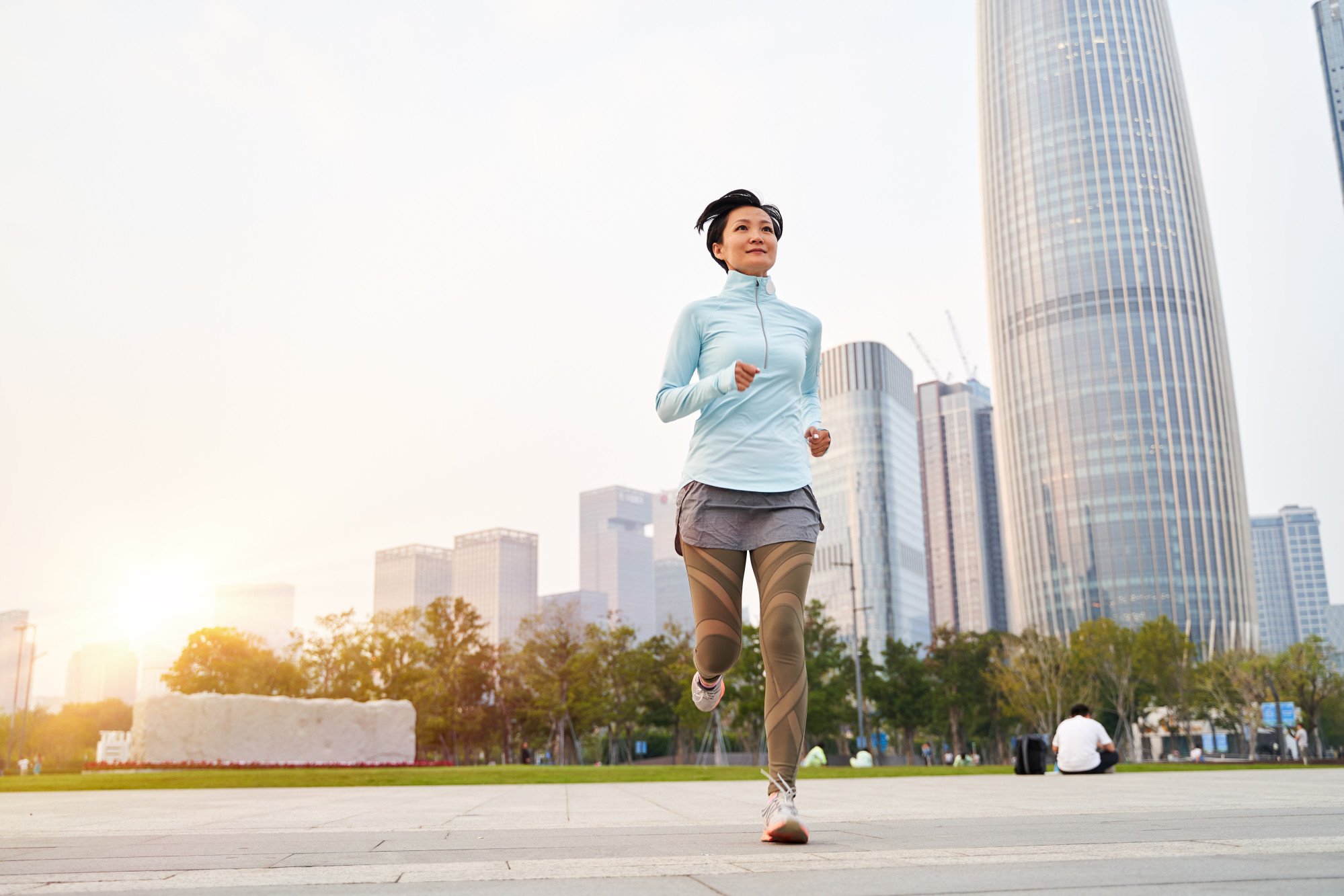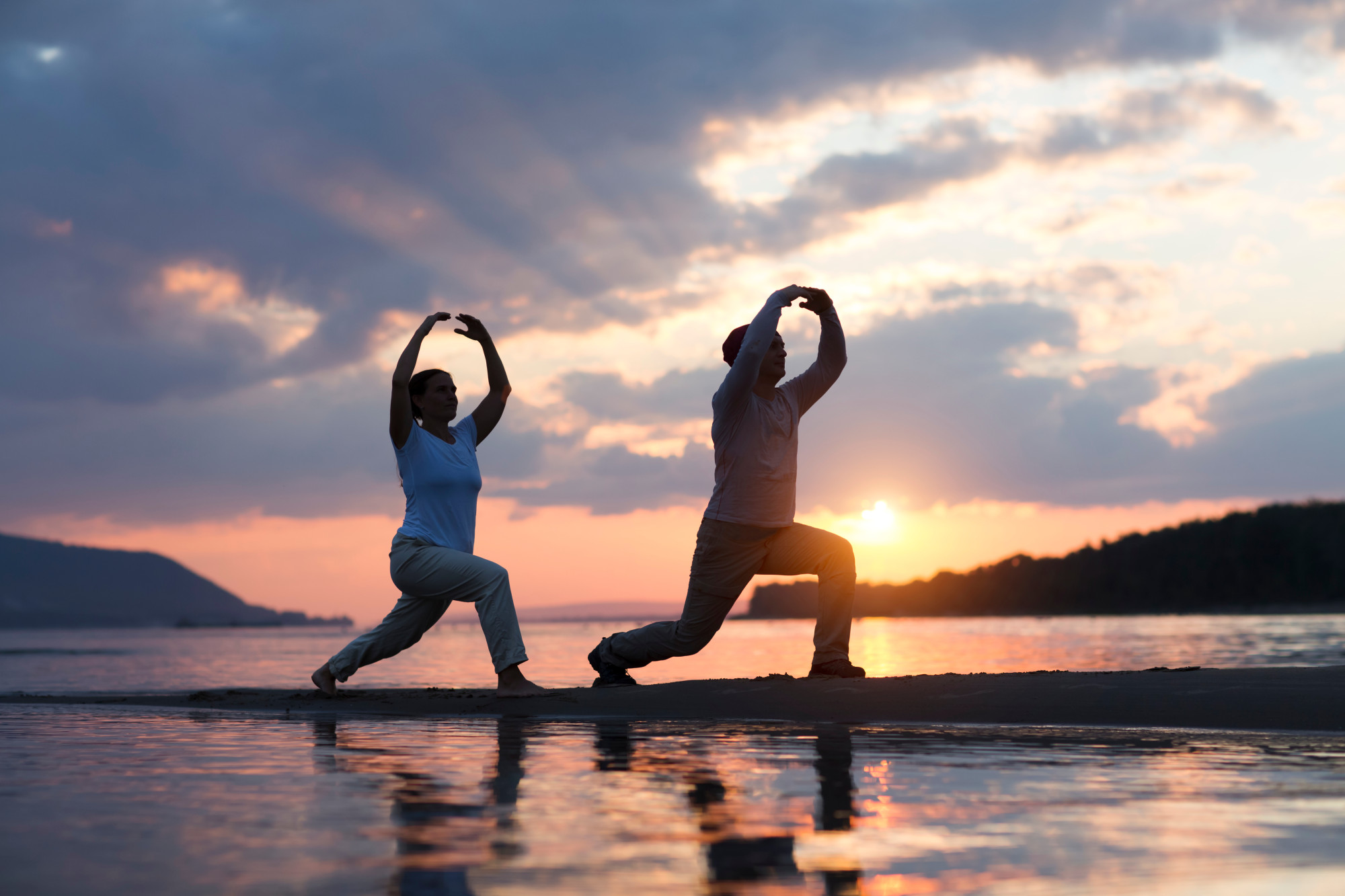
How tai chi may help lower high blood pressure better than aerobic exercise can
- The results of a 12-month Chinese study found tai chi was a more efficient way to reduce blood pressure than conventional aerobic exercise
- Tai chi also induces greater improvement in mobility and balance in older adults compared with regular balancing and stretching exercises, a study shows
One hour of tai chi four times a week is “more effective” in reducing blood pressure than running or cycling, says new research.
A Chinese study of 342 people with prehypertension – elevated blood pressure readings – found a 12-month tai chi practice was 52 per cent more effective at reducing high blood pressure than other forms of aerobic exercise.

Blood pressure is measured using two numbers: the first, called systolic blood pressure, measures the pressure in your arteries when your heart beats. The second, called diastolic blood pressure, measures the pressure in your arteries when your heart rests between beats.
According to the 2021 Chinese Adult Hypertension Survey, more than 50 per cent of adults without a history of hypertension had prehypertension. Exercise is a recommended form of preventive treatment to reduce blood pressure and avoid medication.
Scientists at the China Academy of Chinese Medical Sciences in Beijing wanted to better understand what type of exercise would reduce blood pressure most significantly. They conducted a trial between July 2019 and January 2022 at Guang’anmen Hospital of China Academy of Chinese Medical Sciences and Dongzhimen Hospital of Beijing University of Chinese Medicine in Beijing.

Each session consisted of a 10-minute warm-up, 40 minutes of core exercises and a 10-minute cool-down activity. Those in the tai chi group followed a practice consisting of 24 standard movements. Participants in the aerobic group did exercises including climbing stairs, jogging, brisk walking and cycling.
After a year, researchers found that practising tai chi reduced systolic blood pressure by 7.01, compared to just 4.61 for the aerobic exercise group. Blood pressure was also significantly reduced at night time for the tai chi participants.

The results, published in medical journal JAMA Network Open, add to a growing body of evidence that tai chi produces a relaxing effect and regulates the heart.
Hong Kong-based tai chi teacher Richard Wickes, who has practised martial arts for 40 years, said he was not surprised by the research.
“With tai chi there is a focus on opening and stretching in a slow, mindful way. This stretching … leads to a regulating and tonifying effect,” Wickes said.

“In contrast, jogging or running is more ballistic. The running is great for relaxing the mind while the body is working, but tai chi at higher levels demands a constant feeling of the state of the inside of the body.”
Recent analysis published in the journal Frontiers in Public Health that examined 12 studies involving 2,901 participants found those practising tai chi were quicker at standing, walking and moving into a sitting position, and able to balance on one leg for longer, than those doing conventional stretching and balance exercises.
This provides “strong evidence that tai chi is a more efficient strategy to improve functional mobility and balance in relatively healthy older adults, as compared to conventional exercise”, said Dr Brad Manor, an associate professor of medicine at Harvard Medical School in the US state of Massachusetts.

